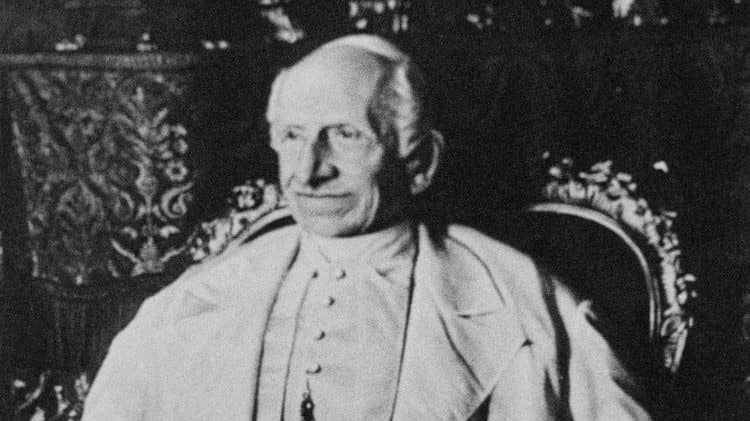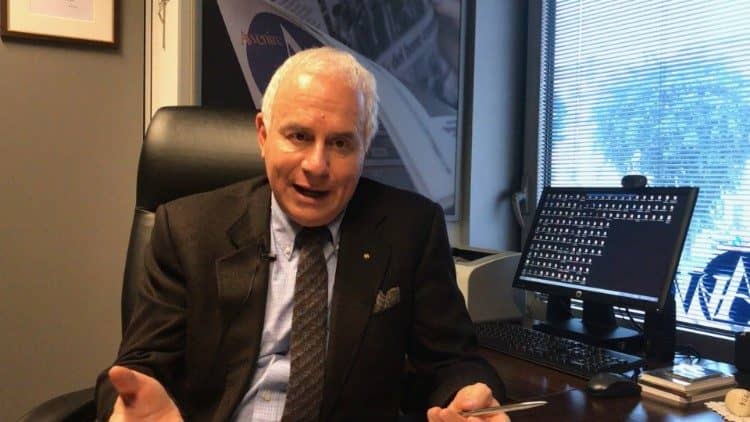MIAMI – In the run-up to the U.S. bishop’s fall meeting this week in Baltimore, the expectation – to be clear, the expectation of the bishops themselves – was that they’d be making some important decisions on the clerical sexual abuse crisis that’s rocked the Church for the last six months.
Instead, what unfolded Monday morning basically sucked all the oxygen out of the room, when Cardinal Daniel Dinardo of Galveston-Houston, president of the conference, announced that the Vatican has asked the bishops to delay doing anything until February, when Pope Francis plans to convene a summit of presidents of bishops’ conferences around the world to discuss child protection.
RELATED: Vatican asks US bishops for delay in responding to sex abuse crisis
It’s worth noting that the action communicated to the U.S. bishops late Sunday came after Canadian Cardinal Marc Ouellet, Prefect of the Vatican’s Congregation for Bishops, and French Archbishop Christophe Pierre, the Vatican’s ambassador to the U.S., met Pope Francis in Rome on Saturday.
One quick take-away is this: If the February summit was already high-stakes, those stakes have now grown exponentially. For the Vatican to ask the bishops’ conference of the fourth-largest Catholic country in the world, and one deeply scarred by the crisis at the moment, to wait three months before taking meaningful action suggests the February meeting better deliver something dramatic, or, at least in this country, there will be blood in the water.
DiNardo himself seemed stunned making the announcement, and that certainly describes the reaction of many of his fellow bishops.
Granted, there are multiple reasons for the request that don’t necessarily suggest denial. Jesuit Father James Martin suggested several in a series of tweets Monday morning, floating the idea that perhaps Francis wants the response to be more universal, that the USCCB may not be unified enough to confront the situation, and that maybe Francis has something up his sleeve for February that he doesn’t want to preempt.
As the day played out, an alternative explanation emerged. Multiple sources told Crux that there were serious problems under Church law with several of the proposals the bishops had developed, which were only finalized Oct. 30, giving the Vatican precious little time to react.
According to that view, Ouellet actually did the USCCB a favor by asking them to cool their heels, avoiding a scenario in which their proposals had to be shot down in Rome, thereby exposing them for not doing their homework.
All that may well be true. Yet the plain fact of the matter remains that American Catholics are angry, disillusioned and discontent right now, and they’re looking to Church authorities to offer them some reason for hope.
This development, it should be remembered, comes on the heels of an Oct. 3-28 Synod of Bishops in Rome devoted to young people, which walked up the brink of apologizing for the clerical abuse scandals and reaffirming the Church’s commitment to a “zero tolerance” policy, only to step back due to opposition from bishops from Africa, parts of Asia and even some of the Italians, all of whom argued, inter alia, that it would be “premature” to issue such declarations ahead of the February summit because they had to leave the pope a free hand.
Also in terms of context, the request to the USCCB to stay its hand comes a week after the Catholic bishops of France issued strong new anti-abuse protocols, creating a new independent commission to examine how cases were handled, and in the very week that the Italian bishops are also expected to issue new guidelines. Granted, those conferences are to some extent behind the U.S. bishops, so the presenting issues were different.
RELATED: French bishops create commission to look into sexual abuse
Still, it’s difficult to explain why Rome singled out the American conference, putting them in the awkward position of explaining why their hands are tied but not those of their brother bishops in other parts of the world.
In reaction to DiNardo’s announcement, Cardinal Blase Cupich of Chicago proposed that the bishops take a non-binding vote on the matters they were already planning to consider, such as subjecting bishops to the “zero tolerance” standard, simply as an expression of where the conference stands. Presumably, that would be useful input for DiNardo to carry to Rome in February when he’ll take part in the summit of conference presidents.
Cupich actually said this is a “watershed moment” for the global Church.
“We need to be clear where we stand and tell our people where we stand,” he said.
It remains to be seen if that’s what the bishops will do, or if they’ll stand down on the grounds that it’s what Rome asked.
(As a footnote, it’s a bit curious that DiNardo was left to make that announcement, rather than French Archbishop Christoph Pierre, the Vatican ambassador to the U.S., who’s in Baltimore. If it’s a Vatican request, it’s not clear why the pope’s man in the country didn’t want to stand behind it.)
In much American media discussion on Monday, casual references to “the Vatican” standing in the way of the U.S. bishops abounded. However, the plain truth is that under Francis, the traditional structures of the Vatican have lost most of their power in favor of personal leadership by the pope himself.
Sooner or later, the question will become not where “the Vatican” stands, but the pontiff himself.
In the meantime, one hopes that bishops from the countries which lost the fight at the recent synod – the U.S., Australia, Ireland, the UK, Germany, Belgium, and other places that have lived the abuse crisis in full-blown form – are organizing ahead of the February meeting, so they can deliver a unified and effective message about the need for meaningful reforms.
In the absence of that, the fear would be for another Vatican meeting with an ambivalent and ambiguous outcome. Were that to happen, it could spell pastoral disaster for countries where the crisis is a real and present fact of life, including the United States.


















